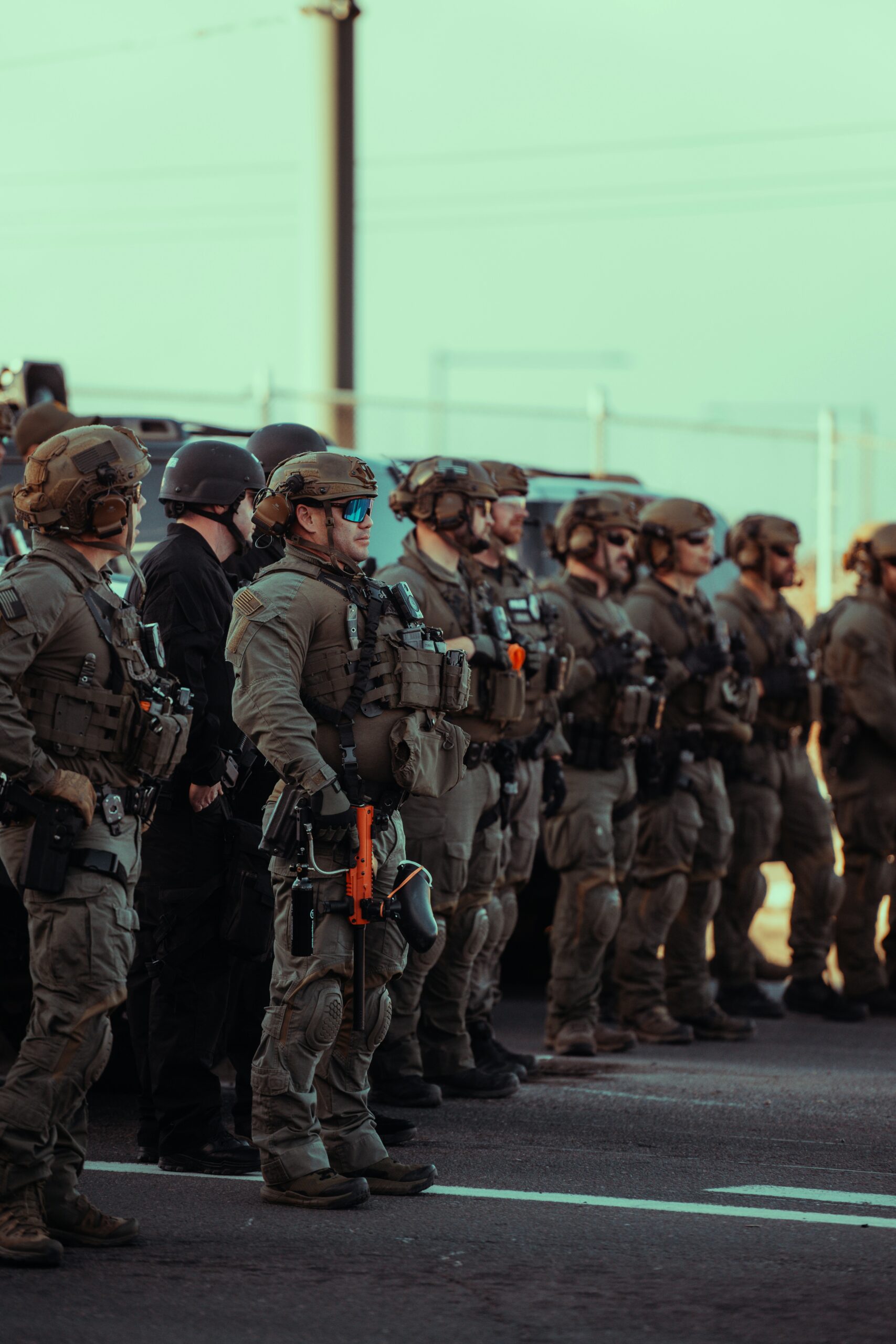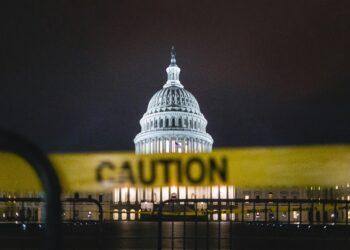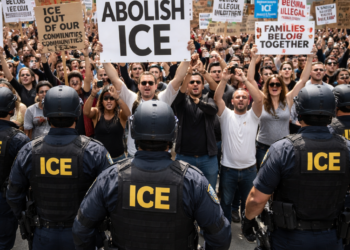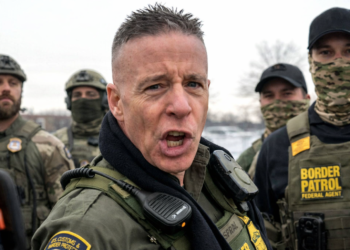The United States is bracing for a day of profound national division, as Republican governors deploy National Guard troops to counter what organizers promise will be the largest wave of coordinated protests of Donald Trump’s presidency. With more than 2,500 “No Kings” rallies planned from New York to Austin, the nation is witnessing a stark ideological battle play out not just in the streets, but in statehouses, where the decision to activate the military against domestic political dissent raises alarming questions about the state of American democracy. This is a direct challenge to Trump’s authority, met with a show of force that frames citizen dissent as a threat to public order.
The “No Kings” Movement vs. The “Antifa” Narrative
The heart of this conflict lies in a battle of narratives. The “No Kings” organizers, who mobilized over five million people in June, frame their mission as a patriotic defense of the republic against “chaos, corruption, and cruelty.” Their name is a direct rebuttal to Trump’s own rhetoric, forcing him to defensively state, “I’m not a king.” However, Republican leaders have swiftly constructed a counter-narrative, labeling the events “Hate America” rallies and linking them to the far-left “antifa” movement.

This justification, explicitly used by Texas Governor Greg Abbott to activate troops, allows them to treat a mass political demonstration not as protected speech, but as a potential insurrection requiring a military response. This deliberate framing criminalizes dissent before a single placard is raised.
Why It Matters
The decision to place National Guard troops on standby is a dangerous escalation that threatens to shatter the fragile line between maintaining order and suppressing opposition. Democratic lawmakers like Texas’s Gene Wu are right to condemn the move as “what kings and dictators do.”
By sending soldiers to respond to a political protest, these governors are dangerously blurring the roles of the military and civil society, effectively using the state’s monopoly on force to intimidate and manage its own citizens. The protest’s massive scale may justify logistical planning, but the pre-emptive militarization, based on unproven “antifa” links, sets a terrifying precedent for how future administrations could handle political opposition.

















